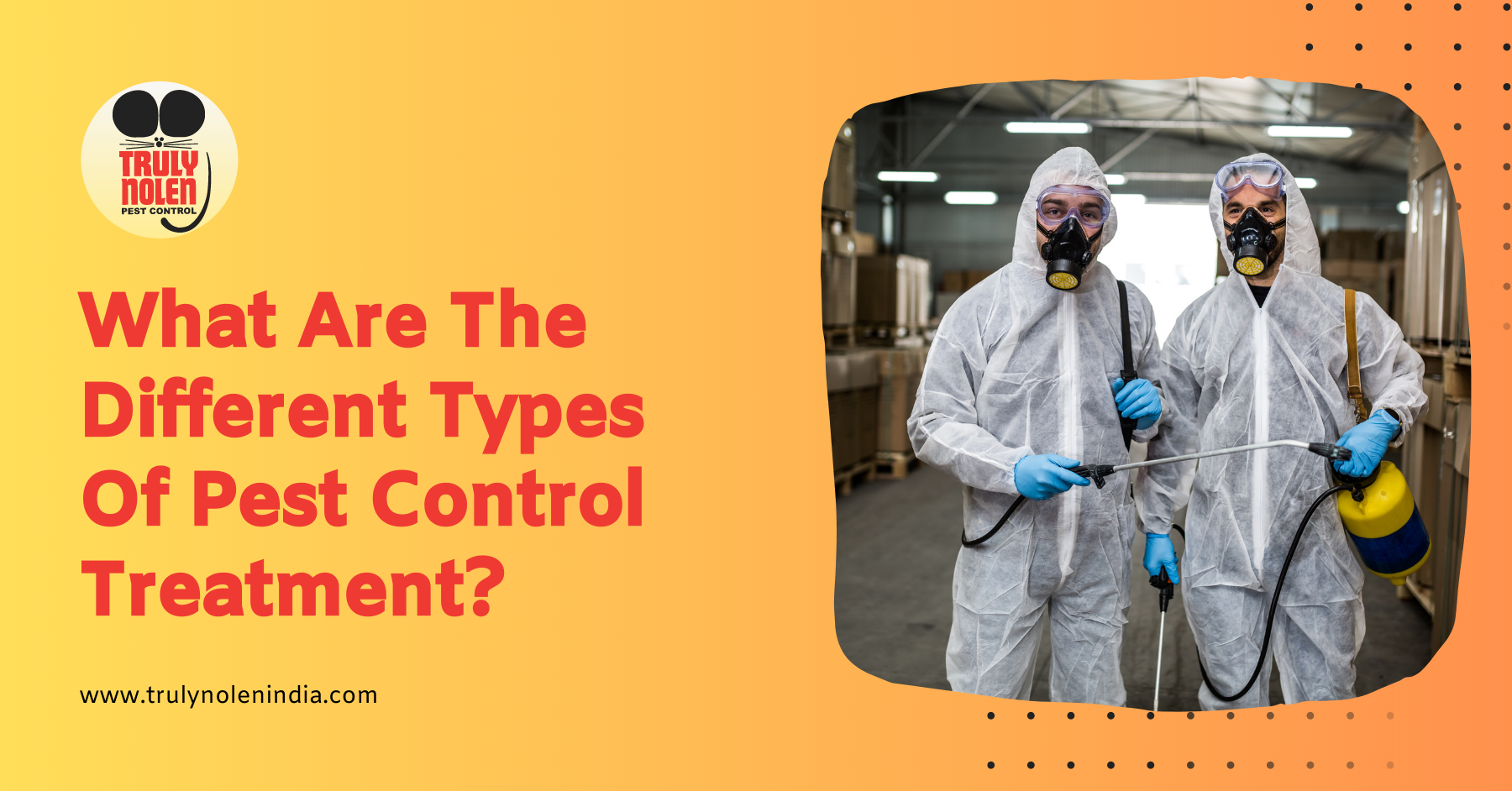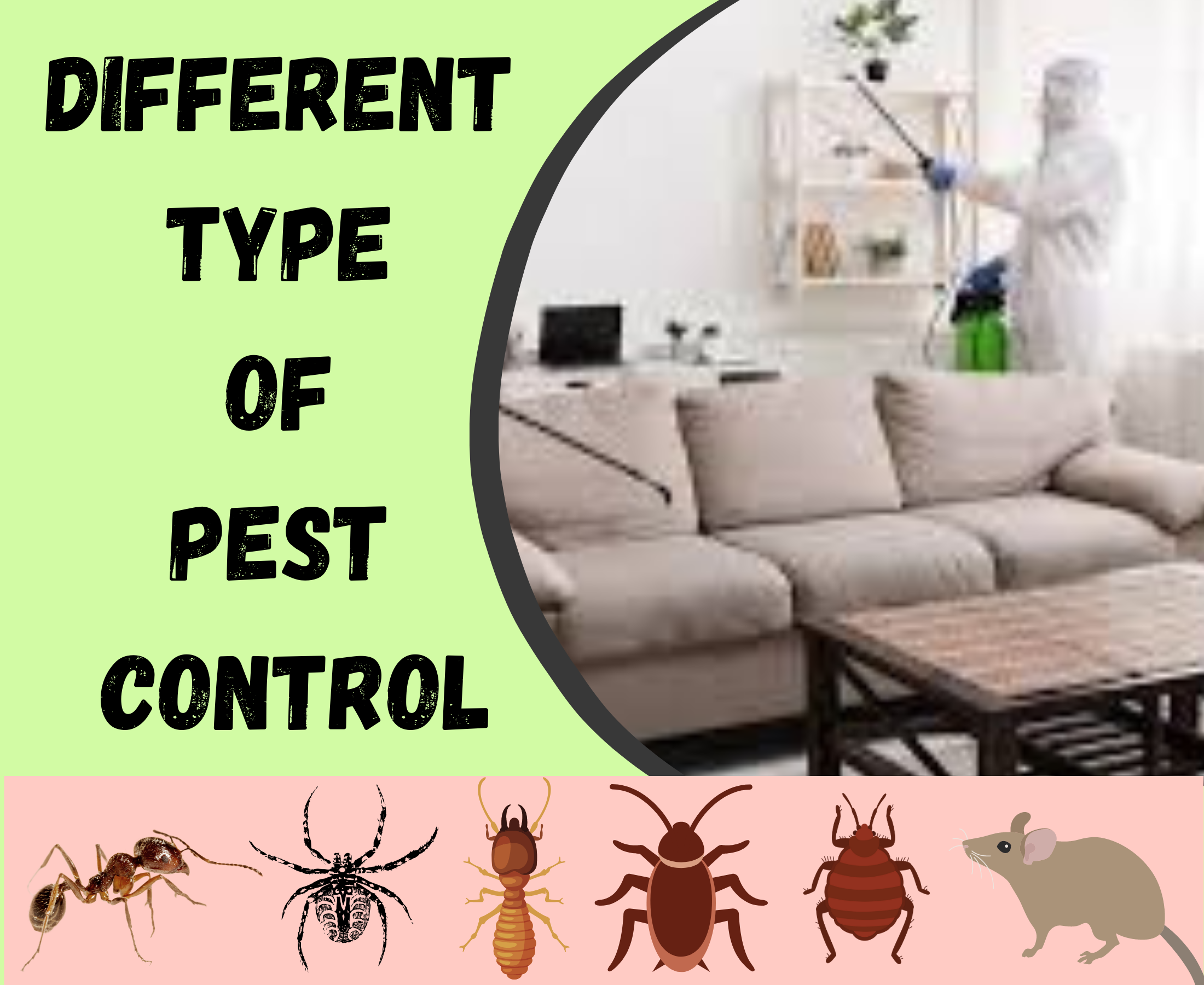Pest Control Can Be Fun For Everyone
Pest Control Can Be Fun For Everyone
Blog Article
9 Easy Facts About Pest Control Shown
Table of ContentsThe Single Strategy To Use For Pest ControlGetting My Pest Control To WorkThe Greatest Guide To Pest ControlGet This Report about Pest ControlThe Buzz on Pest ControlThe smart Trick of Pest Control That Nobody is Talking About
Our findings reveal that the initial analysis will certainly cost anywhere from $160-$300 on standard. This generally sets you back anywhere between $400-$1000 for the entire year's insurance coverage, with regular monthly or bi-monthly brows through already rolled into the final expense.Depending on the problem, a job that requires a single check out generally sets you back $300 to $550. These are the easiest rates to outline in your parasite control prices checklist.
Pests that normally calls for continuous gos to consist of: Roaches. Crawlers. Termites. Ticks. Rats. Our searchings for show that a first visit has to do with $180 and is the first of an ongoing agreement. The preliminary go to is where you do the checking out that will certainly assist you identify a remedy. Throughout this first visit, you should: Analyze the trouble. Pest Control.
12-month contract. As a whole, the frequency of routine brows through is: Each month: $40 45. Every two months (semi-monthly): $50 60. Every 3 months (quarterly): $100 300. Insect control is a chemically-intensive organization. Chemicals are the key products that pest control experts utilize to complete a work. Typical chemicals include: Boric acid.
An Unbiased View of Pest Control
Crucial materials and products you'll utilize include: Respirator. Sprayer. Gloves. Duster. Foamer Baiting tools. UV light. Other safety and security devices. It's vital to have every one of the right tools prior to starting a work. Your tools need to be included as component of your overhead prices. If you have employees, then labor prices are mosting likely to be the greatest costs for your company.
Limitations of Chemical Administration Be able to assess parasite issues, identify if management is needed, and make proper recommendations making use of IPM methods. Recognize with different methods of parasite administration - their advantages and constraints. Recognize the value of beneficial bugs. It is not possibleor even desirableto rid gardens of all bugs.
This chapter talks about (IPM), an approach that uses knowledge concerning parasites and their, techniques, nonchemical techniques, and chemicals to manage parasite troubles. Added details regarding IPM for specific plants is consisted of in chapters that focus on those plants. Bugs in a garden or landscape might include insects and mites, weeds,, creatures, and birds.
The 2-Minute Rule for Pest Control
Lots of people hurry to draw, hoe, or spray every weed they see. Insects and weeds, however, contribute in the. After planting a garden or developing a grass, the natural procedure of plant succession begins to reestablish and nonnative plants. A weed expanding in a lawn stands for the initial stage in a sequence of events that, if allowed to proceed, might eventually lead to a forest.
What we call "bugs" become part of a natural system at job. An environment has no pests. Only humans take into consideration certain species parasites when they occur where they are not desired. We will certainly be more effective in taking care of undesirable species when we recognize that these microorganisms follow predictable patterns that we can make use of to our advantage.
Parasites vulnerable to a chemical were swiftly killed, leaving resistant ones to reproduce and multiply. It ended up being clear that pesticides alone would certainly not address all insect troubles.
An IPM plan allows some level of pests in the environment. Insects are a lot less likely to endure a program that utilizes several approaches of minimizing their populations. Integrated parasite management was initial suggested by entomologists since bugs were the first team of parasites to show tough to manage with chemicals alone.
Some Known Details About Pest Control

Monitoring instead than removal of parasites is the objective. An IPM strategy begins with a careful evaluation of each insect infestation. Only after that can one make a decision about the ideal methods necessary to subdue bug tasks. The life process of the insect, feasible damage, all-natural opponents, and effects of weather condition, to name a few aspects, are taken into consideration prior to a control strategy is applied.
Clover growing in a yard may be deemed an unwanted weed, however as a bean it is synthesizing nitrogen for the soil and the flowers are giving nectar to honey bees and other. Tolerance for some weeds might be component of an IPM plan. might be eating the leaves of a plant, yet when they are determined as the larvae of Eastern tiger swallowtail butterflies, their damage might be endured so we can appreciate the lovely butterfly.
Figure 81. Brownish lacewing larva (Hemerobiidae household). Pest Control. Matt Bertone Prevention is the initial device in bug administration due to the fact that it is one of the most reliable, the very least expensive, most eco-friendly remedy. Picking a healthy and balanced plant click here for more info that thrives in the wanted location with the available light, growing it carefully, and guaranteeing that it has sufficient water and nutrients avoids stress and reduces pest issues.
The Only Guide to Pest Control
The 2nd essential device in insect administration is early treatment. Existing and observant in the garden guarantees very early discovery. Responding to issues swiftly, prior to they have time to increase, calls for a much less remarkable treatment. The 3rd crucial device is recordkeeping; tracking what happens in the garden enables a garden enthusiast to identify patterns and make informed choices.
Several risk-free, useful, nonchemical methods of plant protection and parasite monitoring might lower or remove the demand to spray. Various other techniques are most helpful when made use of with chemicals. To execute management techniques correctly and to minimize losses, garden enthusiasts should know the kinds of bugs that assault plants and comprehend pest biology.
Bug monitoring methods fall under four teams: cultural, mechanical, biological, and chemical. Maintaining plants healthy and balanced and preventing plant tension aids plants to better stand up to and fix the damages brought on by a pest or mite pest. Some proof shows that healthy and balanced plants resist infestation by bugs better than plants with reduced vigor.
Conducting a soil examination and using just this link the suggested quantity of fertilizer and lime maximizes the advantage to the plant while lessening troubles connected to too much use of fertilizer. Treatment the dirt with numerous inches of mulch safeguards the plant in a number of means: reducing dirt water loss click resources to evaporation, reducing weed competition, providing nutrients, and creating a suitable setting for earthworms and microbes that maintain the dirt loosened for roots and damage down organic material to launch nutrients.
Pest Control - Truths

If tilling is considered required, think about doing it in the loss when the life cycles of numerous bugs brings them near the surface area. At the surface area, bugs come to be revealed to the weather as well as birds and various other all-natural enemies. Fall tilling can additionally destroy bugs in crop residues. Usage disease-free and insect-free qualified seeds and plants if available.
Report this page